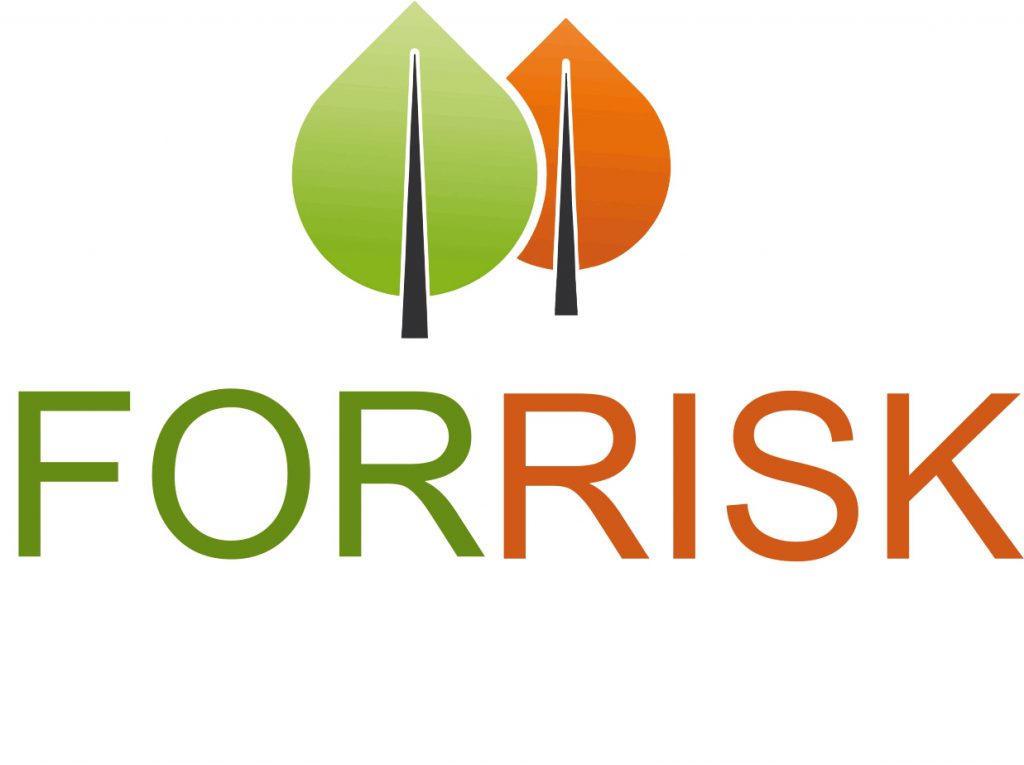
FORRISK – A network for innovation in silvicultures and integrated systems for forest risk management
Project Overview
The FORRISK project contributes to conducting comparative studies of existing systems of risk management in the SUDOE area (South-West Europe) and to providing methodological and practical proposals for risk management in forests.
FORRISK seeks to build new ways to fight against biotic and abiotic forest risks developing new decision support tools and multi-risk analysis. FORRISK worked on abiotic risks such as wind, soil degradation or fire and biotic risks such as procesionary moth, armillary or Gonipterus platensis
Project Results
The main results had been published in: http://forrisk.efiatlantic.efi.int/sites/forrisk.efiatlantic.efi.int/IMG/pdf/forrisk_guide_doc1.pdf
The last chapter of the technical guide presents a multirisk analysis of different sylvicultural scenarios for maritime pine, radiata pine and poplar based on Promethée. The results showed that forest management is a strong tool to reduce the forest risks but information about the magnitude of the risk is need.
Beside the technical guide, a thematic book on Soil degradation risks in planted forests had been published: http://www.euskadi.eus/web01-a2elikal/es/contenidos/libro/l_051668_0001_0001/es_def/index.shtml
In summary, soil protection policy is need in planted forests in order to assure soil ecosystem services.
Website
http://forrisk.efiatlantic.efi.int/Resources
- forrisk guide doc1.pdf
- k75aobtenerpublicaciondigitalservlet.pdf
- proposed factsheet template forrisk.docx
- proposed factsheet template forrisk 20190701.docx

